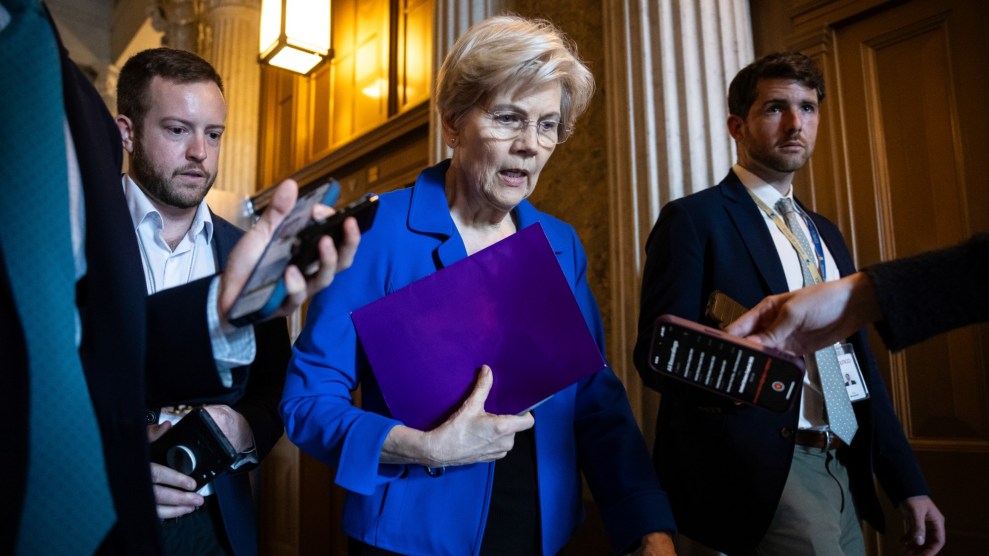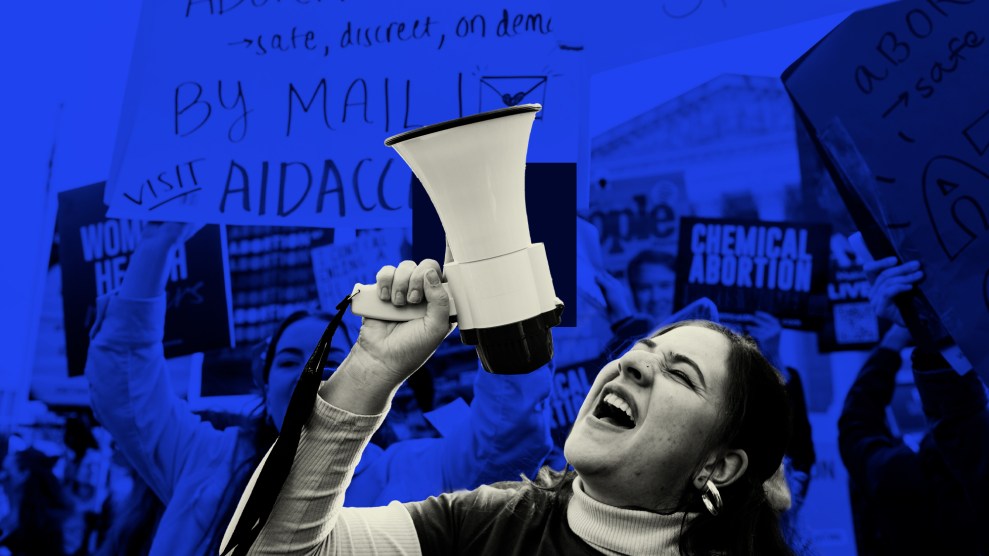This week’s Time offers up its take on how to fix No Child Left Behind. The piece is a good primer on all-things NCLB; worth a read if, a) You don’t know much about it but you’re curious, or b) You need a refresher course on where things stand in 2007.
To fix NCLB, Time suggests that schools go beyond basic NCLB and Adequate Yearly Progress jargon when reporting on their school’s progress and provide a fuller, more descriptive picture of school quality. Agreed, but guess what? More expansive reporting requirements are costly and give teachers less time and energy for teaching.
The article also suggests stopping the Feds from slapping “failure” labels on schools and investing in more localized remedies. Great idea. Who likes being told they’re a loser? Try investing in local, neighborhood organizations that are already in the school trenches but doing so on shoestring budgets. Solid, community relationships are often already in place, so a little bit of cash from D.C. could go a long way.
Mentioned in the piece are David Berliner and Sharon Nichols, authors of Collateral Damage: How High-Stakes Testing Corrupts America’s Schools, who say that Bush’s NCLB policies are as ineffective as his policies in Iraq. Harsh, maybe, but considering that they found evidence of administrators falsifying test data and forcing low-scoring students out of their schools to avoid public humiliation, maybe they’re about right.
Time points out that where Europe has a uniform national curriculum and national tests, state and local jurisdiction is still prominent in the states. In response to state autonomy, U.S. Secretary of Education Margaret Spellings reacted by saying, “Do you really want me sitting in Washington working on how we teach evolution or creationism? I don’t want to!”
Umm, no, we probably don’t want you meddling in how, and if, for that matter, teachers teach evolution or creationism. You don’t have a teaching credential, so that would be against your own rules.
—Gary Moskowitz















